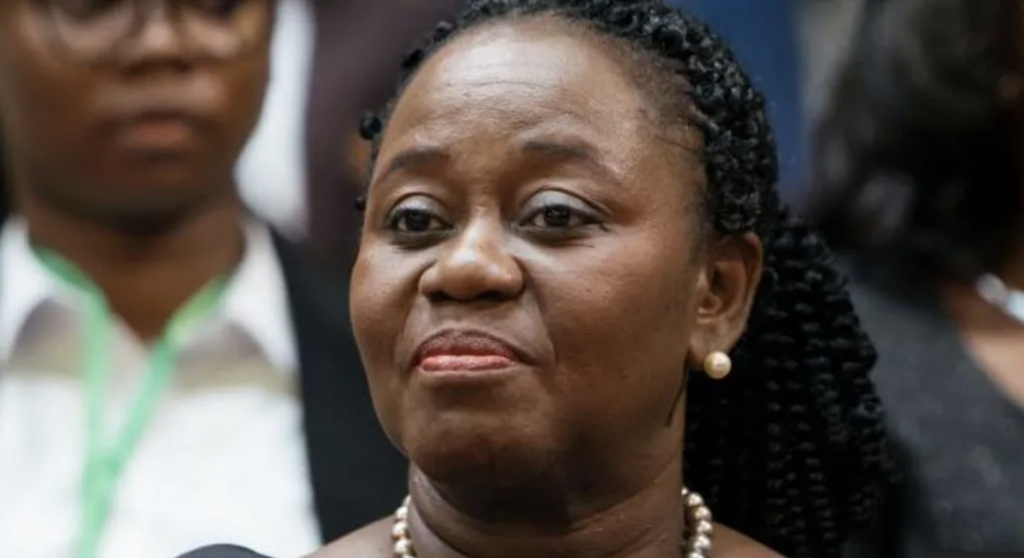Ghana’s President John Mahama has dismissed Chief Justice Gertrude Torkornoo following the findings of a special inquiry that recommended her removal. Torkornoo, who had been suspended since April, becomes the first sitting chief justice in Ghana’s history to be investigated and ousted from office.
The decision came after three petitions were lodged against her, prompting President Mahama to establish a five-member committee to investigate. According to the presidency, the panel concluded that “grounds of stated misbehaviour had been established” and recommended her removal.
The inquiry was extensive, examining 10,000 pages of evidence from 13 witnesses for the lead petitioner, Daniel Ofori. Chief Justice Torkornoo also testified in her defense, calling 12 witnesses, including experts. Despite her insistence that the allegations were baseless and politically motivated, the presidency said it was bound by the committee’s findings.
Torkornoo, Ghana’s third female chief justice, was nominated in 2023 by former President Nana Akufo-Addo. She had previously survived a removal request under his administration, with Akufo-Addo dismissing the petition for “several deficiencies.” However, her rulings had long attracted criticism from members of the current governing party, which was then in opposition, who accused her of bias.
The opposition New Patriotic Party (NPP) condemned her suspension in April, describing it as a political witch hunt designed to weaken judicial independence. Several lawsuits challenging the removal process were dismissed by the courts.
Legal experts and political commentators remain divided on the decision. Former deputy attorney general Alfred Tuah-Yeboah warned that the removal risked setting a “dangerous precedent.” Speaking to AFP, he said: “The petition that I read showed no proper grounds to warrant her removal… If the threshold is what we read in the petition, then I fear for the future of the judiciary.”
Chief justices in Ghana enjoy security of tenure and can only be removed under limited conditions, including incompetence or misconduct. With two other petitions against her still pending, Torkornoo’s case underscores the tensions between Ghana’s judiciary and political establishment, raising questions about judicial independence in the country.

